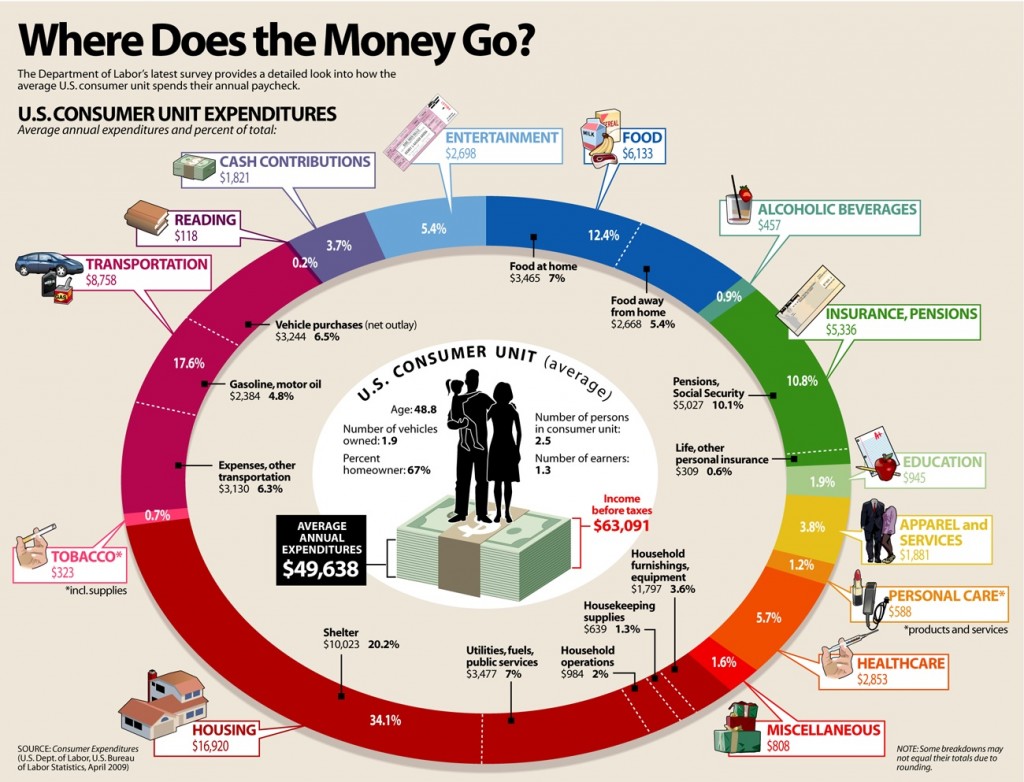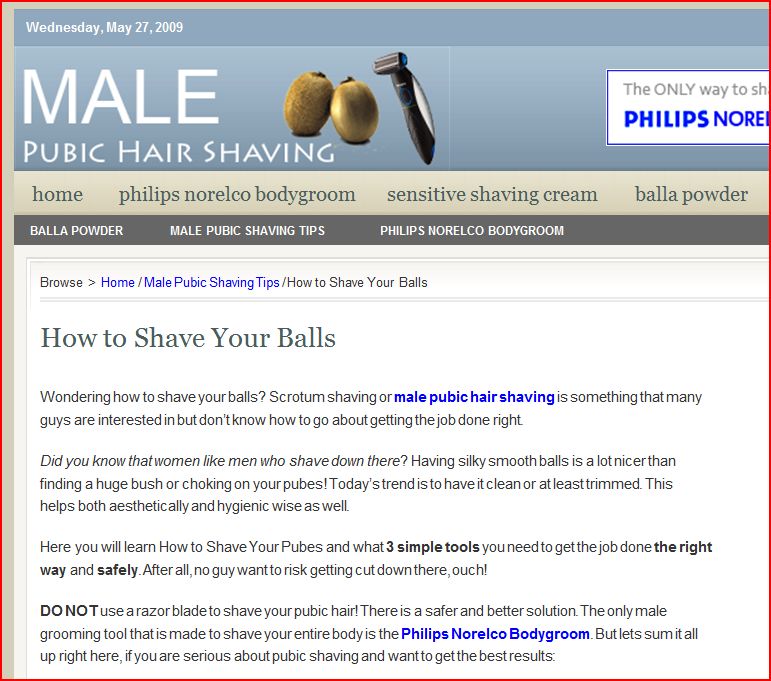Driving from New Orleans to Las Vegas this June, I was struck by the fact that every roadside I saw, everywhere, had a fence separating the shoulder from the land. Not only was every parcel of land owned, travelers had to know it. Mine. Keep out.
There are lots of reasons why people become and remain homeless, but one of them is “private property.” Private property, of course, isn’t real. People made it up. But because the vast majority of us accept the concept and enforce it, it persists as a reality that structures people’s lives. For example, we’re not allowed to build a house just anywhere there’s space. We can’t just tap any aquifer you please, no matter how much we need water. If we want to go camping, we need permission from a property owner or we have to pay a fee at a public or private park. And, because of private property, if you can’t afford to buy property or rent space from a property owner, you are homeless. Homelessness, then, is a function of our commitment to private property.
I offer this as a context with which to view these photographs that accompany a story in the New York Times about a tent city in Providence, Rhode Island. The residents of the tent city call it “Camp Runamuck.” As the pictures below show, the 80 or so members of Camp Runamuck have a pantry, a bathroom, a kitchen, and a recycling center. They also have rules (e.g., no fighting), a democratically elected “chief,” a “leadership council,” and a social contract that they have all signed. They share labor; they cook dinner for one another. However, despite the fact that they’ve made a home for themselves, they are officially homeless. And state officials have now officially told them that they are not allowed to make their home there.
Lisa Wade, PhD is an Associate Professor at Tulane University. She is the author of American Hookup, a book about college sexual culture; a textbook about gender; and a forthcoming introductory text: Terrible Magnificent Sociology. You can follow her on Twitter and Instagram.










